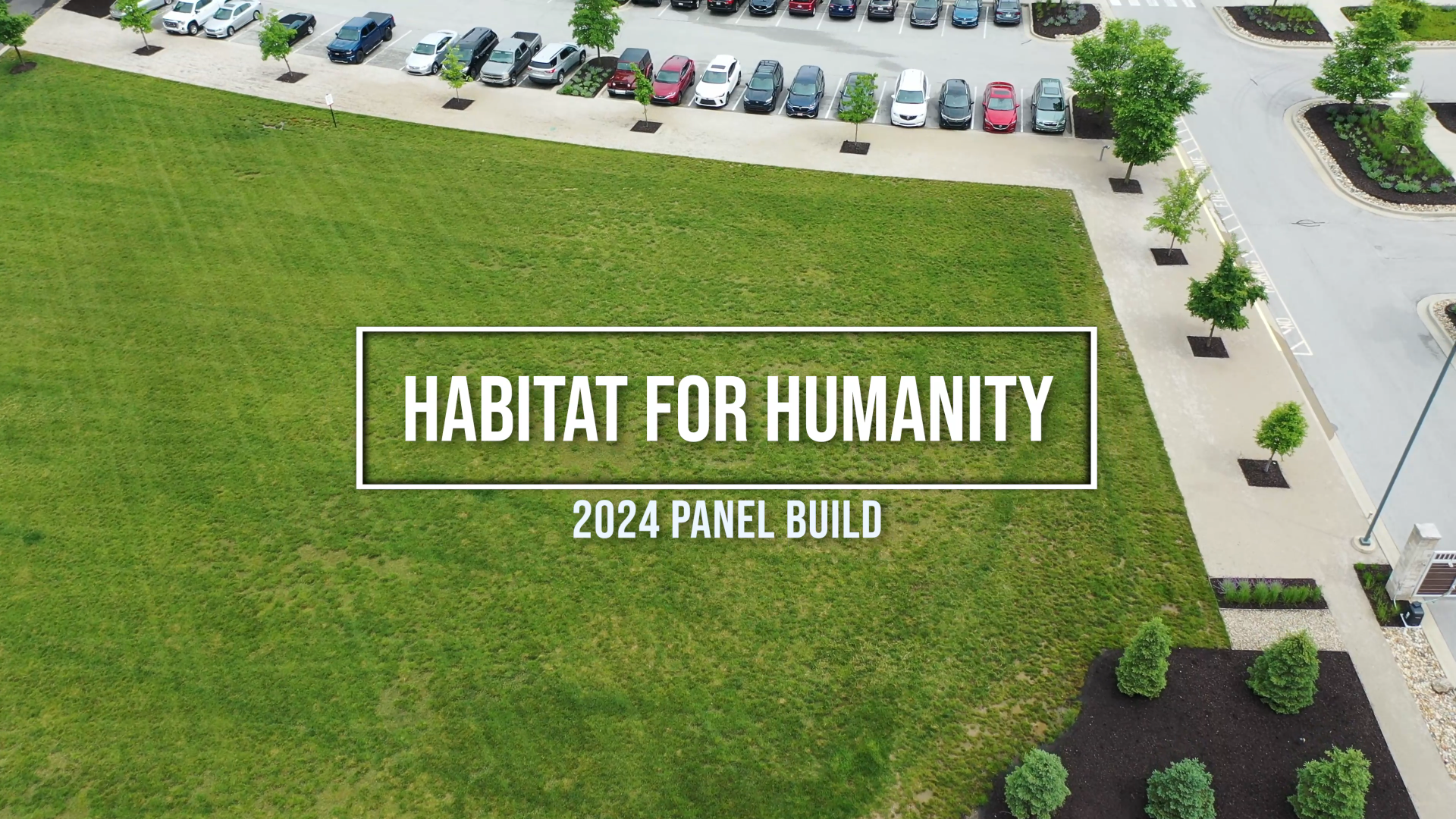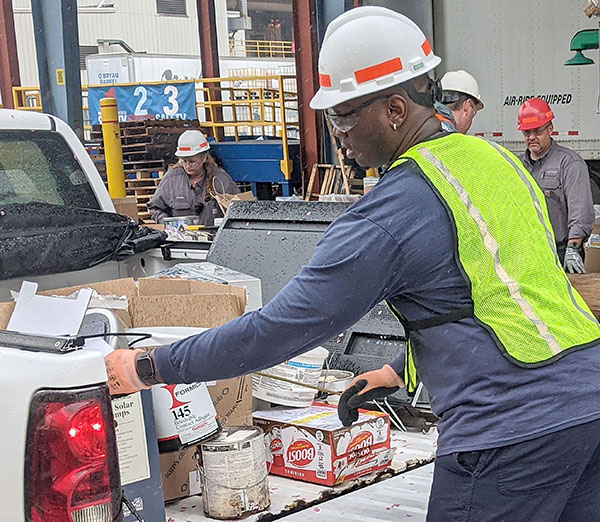
According to the EPA website, hazardous waste is waste that is dangerous or potentially harmful to our health or the environment. Hazardous wastes can be liquids, solids, gases, or sludges. They can be discarded commercial products, like cleaning fluids or pesticides, or the by-products of manufacturing processes. Although it may surprise you, many of these products could be sitting in your cabinets right now.
What to Look For
If the product you have says any of the following, you may have a hazardous waste on your hands: Flammable, Volatile, Toxic, Corrosive, Caustic, Reactive, Poison, Contains Phosphates, Eye Irritant, Harmful if Swallowed, or Do Not Mix. Once you identify a product with one of these warnings, make sure to take extra care when using it.
Some Common Household Hazardous Wastes
– Ammonia
– Drain cleaner
– Mothballs
– Oven cleaner
– Spot removers
– Window cleaner
– Aerosol spray
– Nail polish remover
– Toilet bowl cleaner
– Tub & tile cleaners
– Glues & cement
– Household batteries
– Paints & stains
– Brake fluid
– Lighter fluid
– Motor oil
– Transmission fluid
– Herbicides
– Insect repellents
– Pesticides
What Should You Do?
If you have a hazardous product, the best thing to do is make sure you use all of it for its intended purpose. If you can’t do that though, there are several organizations that sponsor hazardous waste drop-off events where you can bring your old products and be assured that they will be properly disposed of. The US EPA website is a good place to start finding a time and location that will work for you.
More News From Heritage
-
6/27/24
Heritage Environmental Services to Acquire EBV from General Dynamics
Heritage Environmental Servicess, an EQT Infrastructure portfolio company, will acquire EBV from General Dynamics
-
6/13/24
Meet The Facilities – East Liverpool
An inside look at our incineration facility located in East Liverpool, OH
-
5/24/24
Habitat for Humanity 2024
Heritage hosted our 14th annual Habitat for Humanity build this month, partnering with over 50 employees from various THG companies.
-
5/6/24
Date set for the household hazardous waste collection in East Liverpool, Ohio
-
3/12/24
Equal Pay Day – Spotlighting Our Female Drivers
-
3/8/24
International Women’s Week Spotlight – Shannon Dippel
For International Women's Week, we're spotlighting some of the incredible women in the Heritage family. Our final spotlight is Shannon Dippel.
-
3/8/24
International Women’s Week Spotlight – Susan Adams
For International Women's Week, we're spotlighting some of the incredible women in the Heritage family. Our sixth spotlight is Susan Adams.
-
3/7/24
International Women’s Week Spotlight – Lea Wilson
For International Women's Week, we're spotlighting some of the incredible women in the Heritage family. Our fifth spotlight is Lea Wilson








